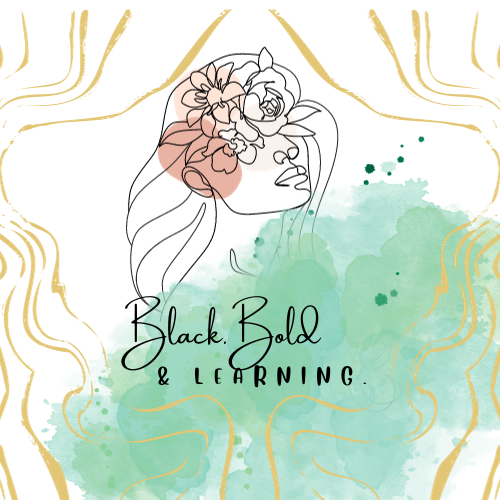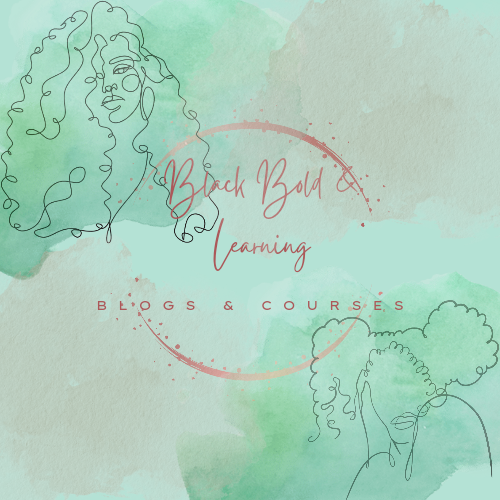Is it Disordered Eating or An Eating Disorder
https://www.instagram.com/p/CrRVGLVpvm5/?utm_source=ig_web_copy_link
Who?
Jasmine Jaquess is a provisionally licensed counselor who specialized in eating disorders for black and BIPOC individuals, a recovery coach, and a trauma-informed clinician. And, Dr. Marianne Miller, an expert with over 20 years in the field of eating disorders is a recovery coach for high achievers dealing with binge eating and bulimia. She has an awesome program and course for individuals looking to get support. Plus, she is a therapist with tons of experience in the Los Angeles, CA area.
Topics Covered:
What is an Eating Disorder?
How Does This Differ from Disordered Eating?
How Do We Work With Disordered Eating?
What are your Values?
How Does this Integrate into Treatment?
Impacts of Diagnosis and Intersectionality, Oppression, and Social Justice?
Understanding Food Deserts, Lack of Resources, and Racial and Ethnic Eating Traditions
Embracing foods for what they are and not being afraid to dress up your fave food. It can be tasty and good ( eat the ramen!)
Synopsis of our conversation
Who
Jasmine Jaquess, provisional licensed counselor and recovery coach, and Dr. Marianne Miller discussed the topics of eating disorders, disordered eating, values-based treatment, impacts of diagnosis, intersectionality and oppression, food deserts, and lack of resources as they relate to racial and ethnic eating traditions. Jaquess emphasized embracing food for what it is and not being afraid to dress up your favorite food. She also discussed how understanding food deserts and the lack of resources can contribute to the development of eating disorders.
What
Jasmine also, focused on values-based treatment, which includes exploring the client’s individual values in order to create an effective treatment plan. She highlighted the important role of intersectionality and oppression when assessing the impacts of diagnosis, as each person can experience different factors leading to the development of an eating disorder. To conclude their discussion, Dr. Marianne Miller discussed how understanding racial and ethnic eating traditions can help to create a more inclusive and culturally responsive approach to treatment. Both speakers encouraged viewers to not be afraid to dress up favorite foods and explore new options. They discussed how the key to successful recovery is to embrace food for what it is, rather than viewing it as an enemy.
Social Justice Reform and Embracing Our Cultural Foods
Finally, both speakers emphasized the need for social justice within the field of eating disorder treatment in order to ensure that everyone has access to resources regardless of race and socioeconomic status. They concluded that understanding food deserts, lack of resources, and racial and ethnic eating traditions is key to creating a more inclusive approach to treatment. By recognizing the importance of intersectionality, oppression, and social justice in relation to diagnosis and treatment, clinicians can better support their patients on the road to recovery.
Thanks for Listening!
I'd love for you to tune into this hour-long conversation to learn more about eating disorder treatment, the impacts of diagnosis, and intersectionality and social justice advocacy efforts.
Thank you for joining us! We hope that you found this conversation helpful and informative. We encourage everyone to continue their exploration of the topics discussed in our session and to think critically about how to best support individuals on their journey toward recovery.
Choose the Love Your Bod-Ease As a Part of Your Healing Journey!
What I hope you have gained from this is the importance of educating ourselves with research-based and empathy lead research. It also matters that you’re building skills and seeing what is and is not working for you.
I hope you are feeling encouraged and know that if you are someone who is looking for a next step, to seek support through a psychoeducation and skills-based program for your healing journey. Reach out to a therapist, a dietician, a coach, or all three.
You are not alone and there are many avenues to your recovery. Learn more about me and contact me for a free 30-minute discovery call.


